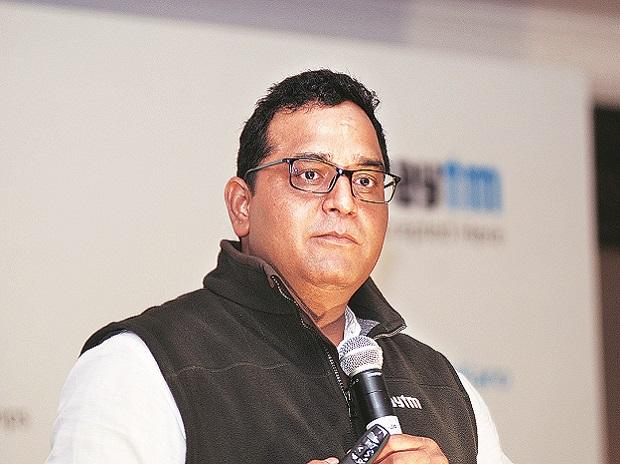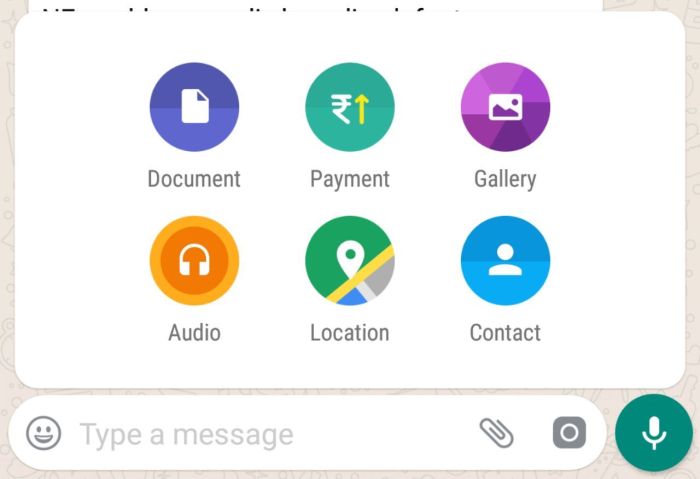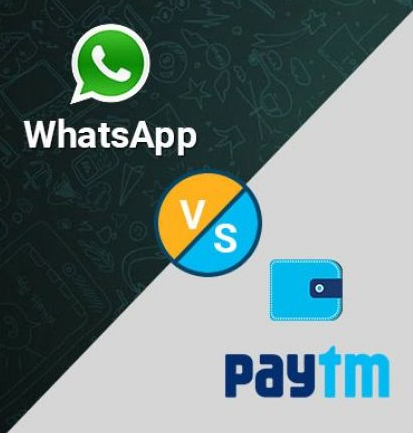
Paytm Founder Vijay Shekhar Sharma Claims Facebook Is The World’s Most EVIL Company
WhatsApp is one of the most popular mobile messaging applications out there and it has over 200 million users all over the world. It also enjoys a strong user base in India. With such a massive user base, WhatsApp would be a favorite platform for many people across the globe.
With the craze and the competition with the other messaging platforms, the Facebook-owned company has been now and then surprising people with its brand new updates. And recently, it has jumped into the financial services firm by introducing Unified Digital Payment System (UPI) for money transfers.

As of now, the country’s biggest mobile wallet and financial services firm Paytm is leading the sector with lakhs of transactions through it. Soon after WhatsApp unveiled UPI services on its app, Vijay Shekhar Sharma, founder of Paytm launched an offensive against Facebook, which owns WhatsApp.
He termed it as an unfair playing field according to messaging service provider WhatsApp, which has begun testing its payment service in the country. WhatsApp trial service launched in India last week does not require a log-in session and Aadhaar-based payments. Sharma said he will approach the National Payments Corporation of India (NPCI), which has developed the UPI system, and even higher authorities to highlight this issue.
In a telephonic interview, Sharma said, “I completely believe that Facebook is the most evil company in the world. Earlier, they tried to dupe the country with what they called was free internet. Now, they are flouting all guidelines and rules and bringing out an app that does not need three-step authentication to make online and mobile payments.”

“Facebook is openly colonizing our payment system and is customizing UPI to their benefit. UPI was built as an India Stack, now some American monopoly arm-twists UPI for customer implementation,” Sharma told. A user on WhatsApp can only send money to others on WhatsApp.
The Facebook-owned service is using the phone number as the virtual payment address, instead of cumbersome addresses such as 123456789@icici as Google’s Tez app and other payment services do. WhatsApp users, much like Ola and Uber users, doesn’t have a separate login requirement when making transactions either.
WhatsApp also doesn’t have the ability to scan a UPI QR and has no means at present to let a user request for money as other UPI-powered payment apps do. Sharma added that lack of a login makes WhatsApp payments a security risk, like giving an “open ATM” to everyone. “How can you give such a security risk just in the name of underwriting that banks have given. WhatsApp is used by gullible Indian consumers far more than any other application in this country,” said Sharma.

The Paytm founder was one of the few Indian entrepreneurs who had opposed Free Basics, Facebook’s Internet-for-all plan for India. On being branded as protectionist from certain quarters in the payments sector, Sharma said that all he wanted was equal treatment for all companies.
“After failing to win the war against India’s open internet with cheap tricks of Free Basics, Facebook is again at play. Killing beautiful open UPI system with its custom close garden implementation. I am surprised, champions of open India Stack, let it happen,” Sharma said. He likened WhatsApp’s tactics in India to the ways “Microsoft hurt open web standards” decades ago.
“WhatsApp is still testing its payments. We do not know what the final version of the product will be. It will have to follow all the guidelines set by the NPCI (National Payments Corporation of India) anyway. We should wait till it is released to all in March or early April,” said a source close to Facebook.
This is not the first time Facebook and Sharma have been at a fight.
Also Read: How To Use Two WhatsApp Accounts In One Smartphone? Conditions Applied!